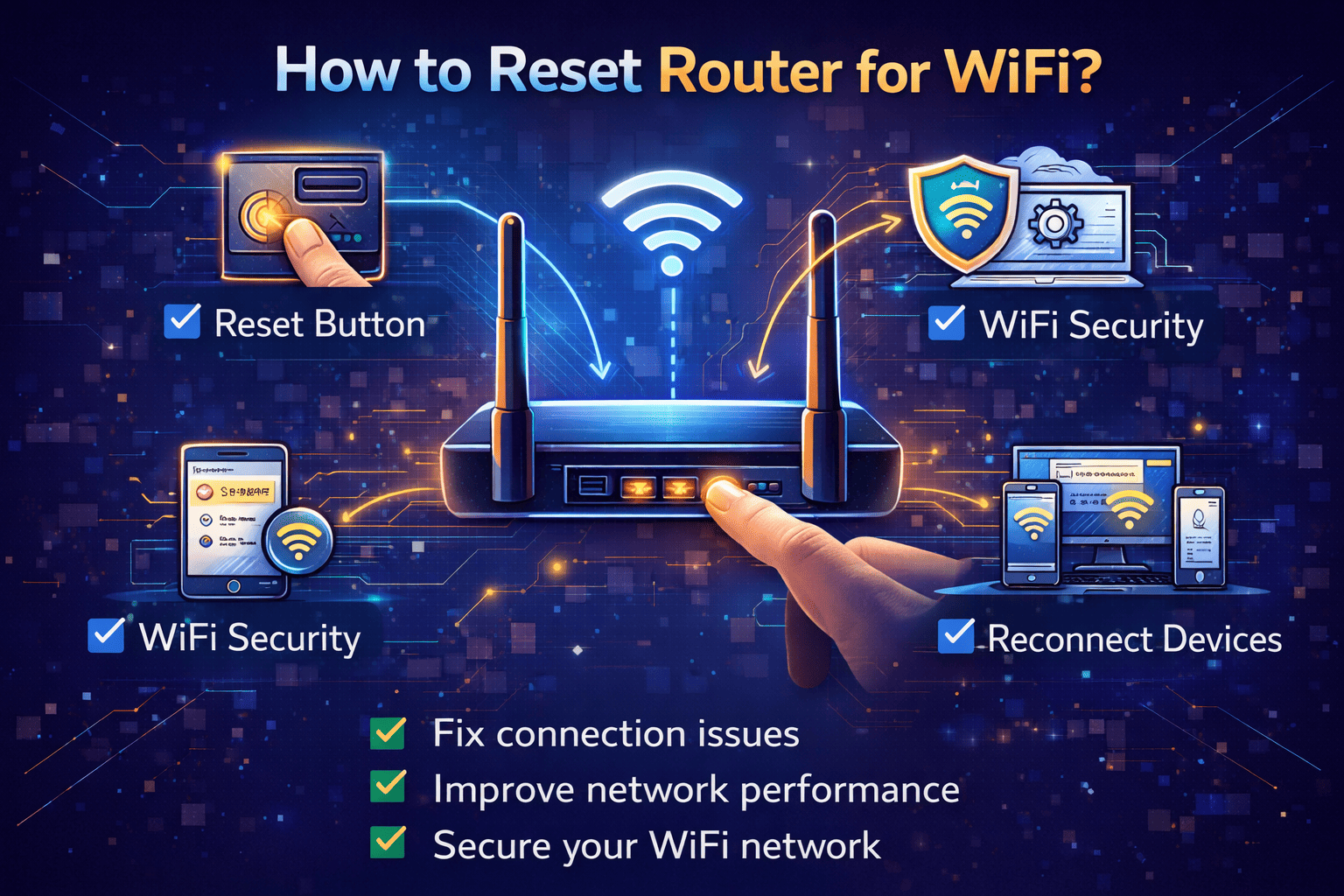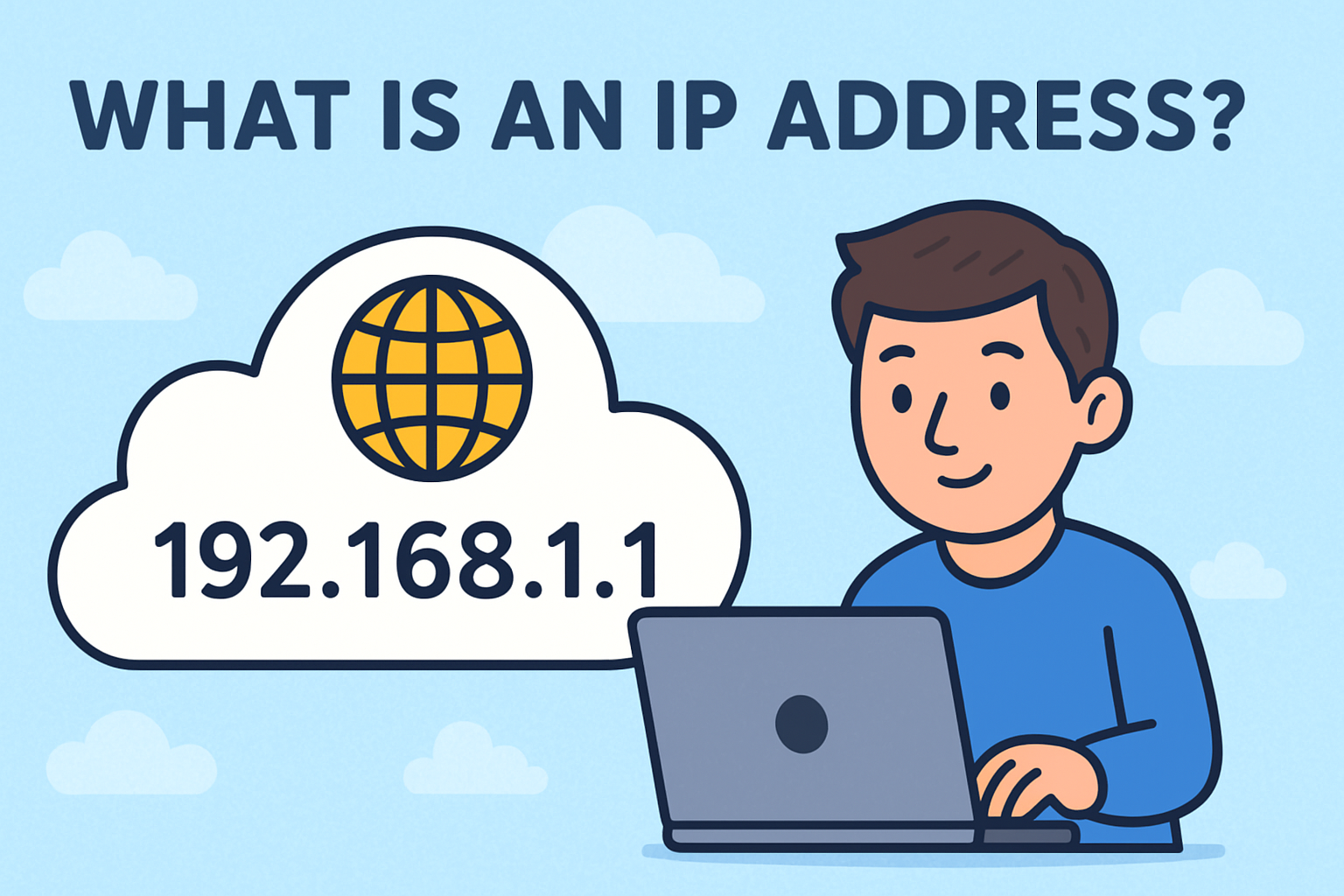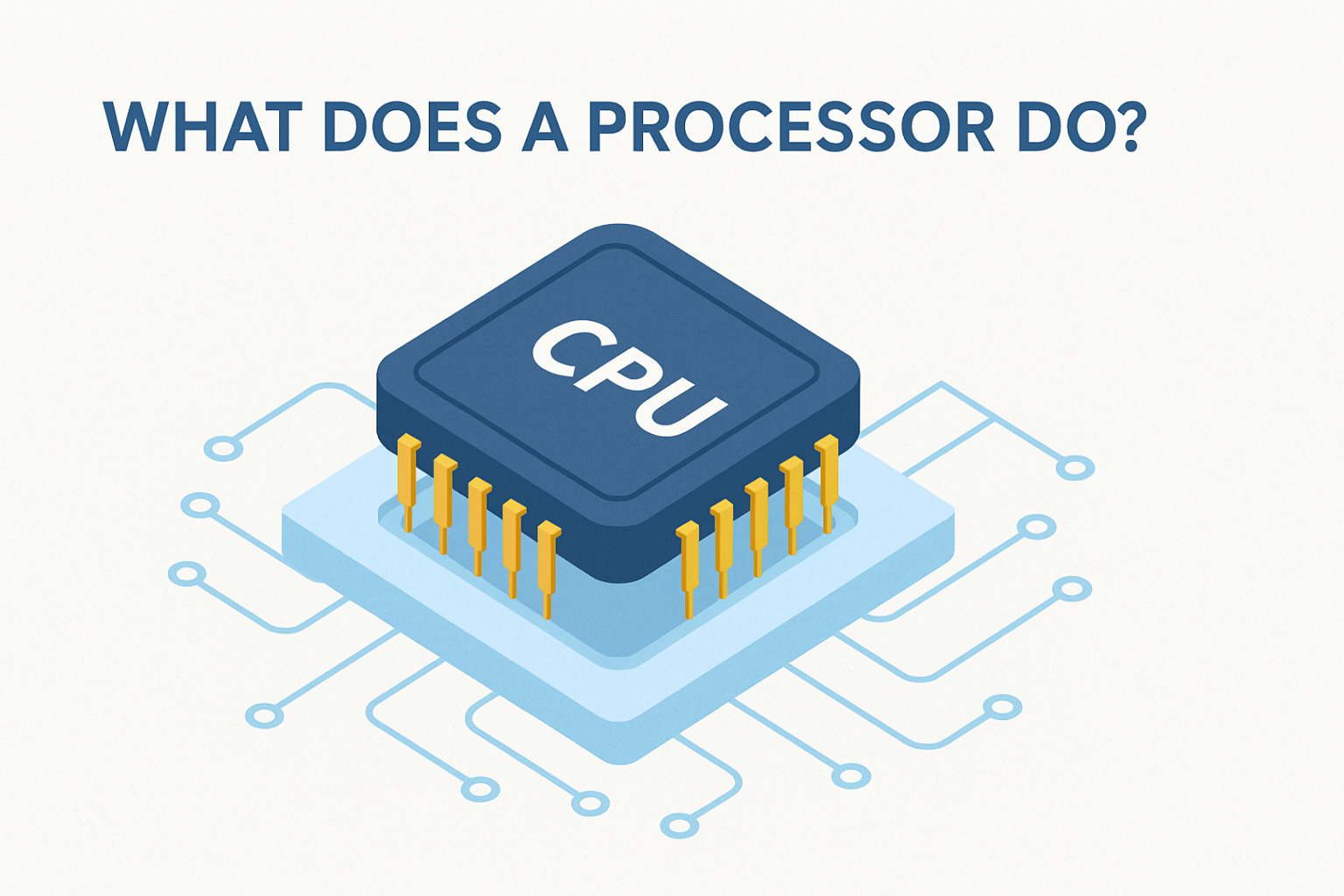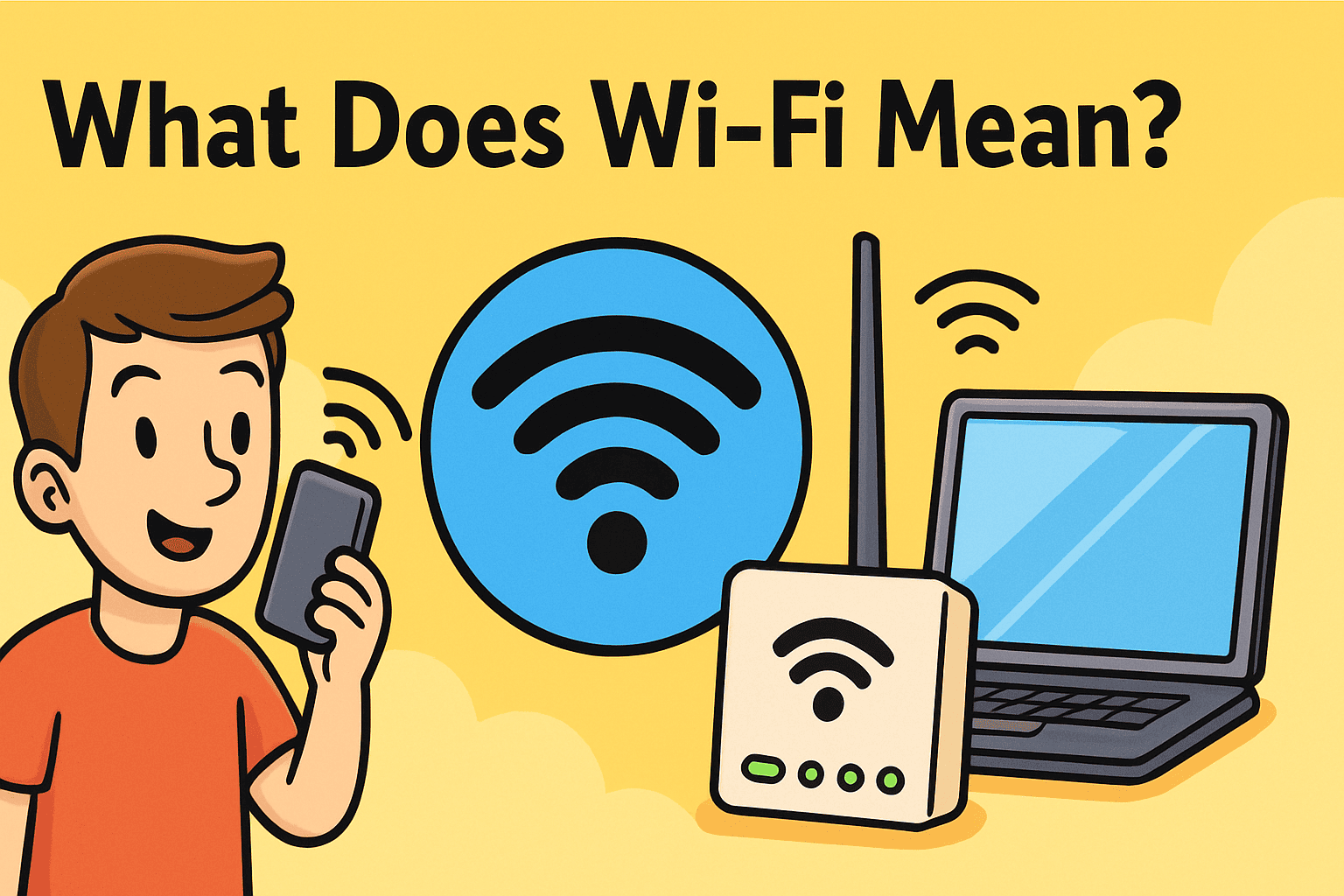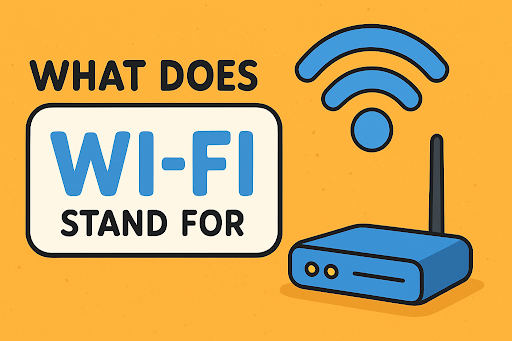What is a Router Computer? A Complete Guide for IT Leaders
Updated on October 21, 2025, by Xcitium
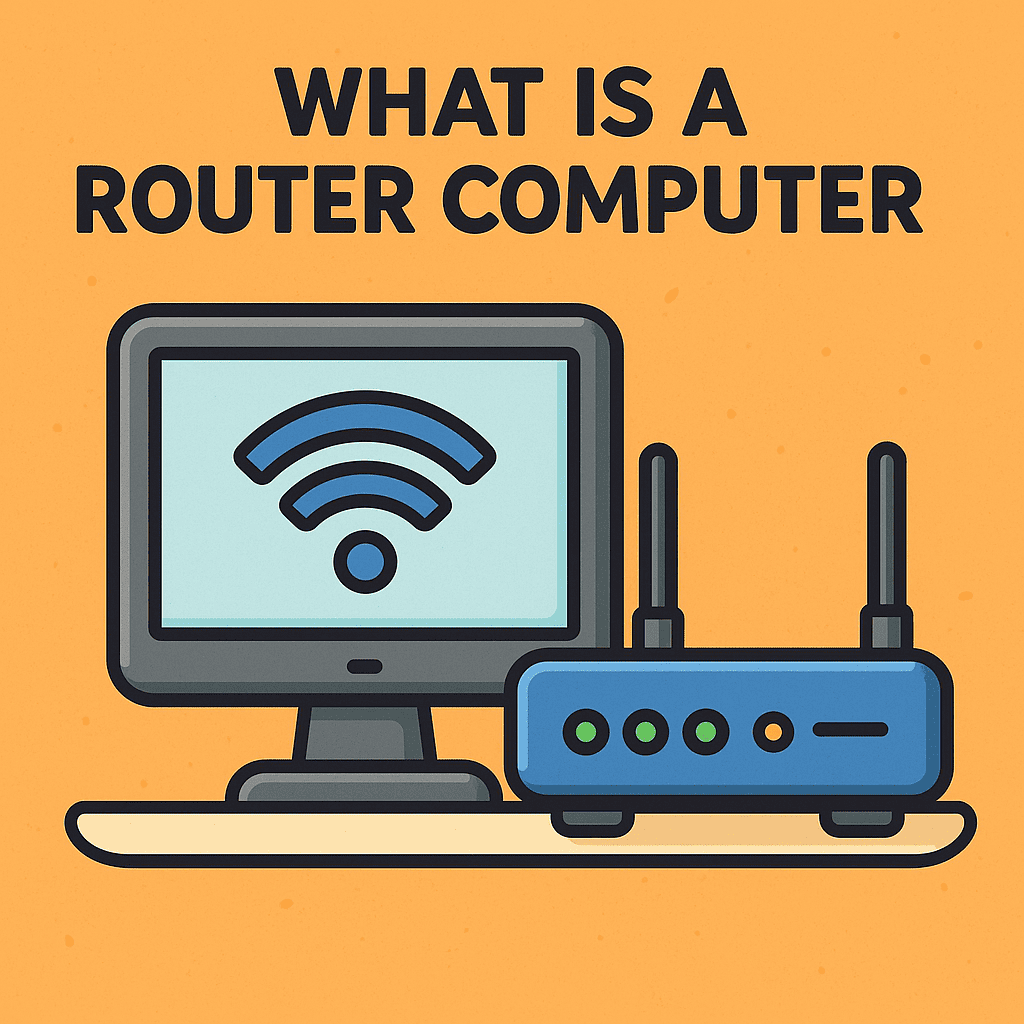
When you connect to the internet at home or work, the first device that makes it possible is often a router computer. But what is a router computer, and why is it so vital for modern networking?
In simple terms, a router computer is a specialized device that directs data traffic between your local network (LAN) and external networks like the internet. For IT managers, cybersecurity professionals, and business leaders, routers are not just about connectivity—they’re about security, performance, and control over digital infrastructure.
What is a Router Computer?
A router computer is a networking device that forwards data packets between computer networks. It works as a traffic controller, ensuring that information travels along the most efficient path to its destination.
Key functions include:
-
Connecting networks (LAN to WAN).
-
Assigning IP addresses via DHCP.
-
Filtering traffic through firewalls and access rules.
-
Securing communication with encryption.
Without routers, businesses and individuals would struggle to manage traffic between multiple devices or ensure safe connections to the internet.
How Does a Router Computer Work?
Routers work by using IP addresses and routing tables to decide where data should go.
-
Receives data packets from a device.
-
Checks the destination IP against its routing table.
-
Forwards the packet to the correct device or external network.
-
Applies security policies such as firewalls or VPN tunneling.
Routers can also prioritize traffic (QoS—Quality of Service) to ensure that critical business applications run smoothly.
Types of Router Computers
Not all routers are the same. Here are the main categories:
1. Home Routers
-
Used in personal or small office setups.
-
Provide Wi-Fi connectivity.
-
Basic firewall and parental controls.
2. Enterprise Routers
-
Built for businesses and large networks.
-
Offer advanced firewall security, VPN integration, and multiple WAN ports.
-
Handle heavy traffic with low latency.
3. Wireless Routers
-
Combine router + access point functions.
-
Provide seamless Wi-Fi coverage.
-
Support modern standards like Wi-Fi 6E.
4. Core Routers
-
High-performance devices used by ISPs and data centers.
-
Manage massive volumes of data.
Key Features of Router Computers
When businesses evaluate routers, they look for features beyond basic connectivity:
-
Firewall integration for security.
-
VPN support for secure remote access.
-
Quality of Service (QoS) for prioritizing bandwidth.
-
Advanced authentication like RADIUS or LDAP.
-
Cloud management for remote monitoring.
These features make routers central to enterprise cybersecurity strategies.
Router Computer vs Switch vs Modem
It’s easy to confuse routers with other network devices. Here’s a breakdown:
-
Router: Directs traffic between networks.
-
Switch: Connects multiple devices within the same network.
-
Modem: Provides internet access by connecting to an ISP.
In modern setups, many devices combine these functions, but each plays a distinct role.
Security Risks of Router Computers
Because routers manage internet traffic, they are frequent targets for cyberattacks. Common threats include:
-
Router hijacking (attackers change settings).
-
DDoS attacks overwhelming bandwidth.
-
Malware injection via firmware vulnerabilities.
-
Unauthorized access due to weak passwords.
For IT managers, protecting routers is as important as endpoint or cloud security.
Best Practices for Securing Router Computers
To minimize risks, follow these security steps:
-
Update firmware regularly to patch vulnerabilities.
-
Change default credentials immediately after setup.
-
Enable WPA3 encryption for wireless connections.
-
Implement firewalls and intrusion detection systems.
-
Use VPNs for remote workforce security.
-
Monitor traffic with SIEM tools for anomalies.
Why Routers Matter for Business Leaders
For CEOs and IT decision-makers, routers aren’t just technical devices—they’re strategic assets. They ensure:
-
Business continuity by maintaining uptime.
-
Cybersecurity compliance (e.g., HIPAA, GDPR).
-
Remote workforce enablement with VPNs and secure cloud access.
-
Cost efficiency by reducing downtime and breaches.
Routers are at the intersection of IT performance and security, making them indispensable in 2025.
Conclusion
So, what is a router computer? It’s more than a device—it’s the digital gateway that connects, protects, and powers modern networks. From homes to enterprises, routers are central to communication and cybersecurity.
In today’s cyber-threat landscape, choosing the right router computer and securing it with advanced cybersecurity solutions is non-negotiable.
👉 Protect your business with next-gen security. Request a demo today.
FAQs About Router Computers
1. What is the difference between a router and a computer?
A router is a specialized networking device that directs traffic, while a computer is a general-purpose machine for processing tasks.
2. Can routers get viruses?
Yes. If not updated, routers can be infected with malware or hijacked by cybercriminals.
3. Do businesses need enterprise routers?
Yes. Enterprise routers provide advanced security, scalability, and performance compared to home routers.
4. How do routers impact cybersecurity?
Routers manage all inbound and outbound traffic, making them critical in defending against attacks and preventing unauthorized access.
5. What’s the future of router technology?
Expect AI-powered routers, Wi-Fi 7 support, and deeper integration with cloud security solutions.





